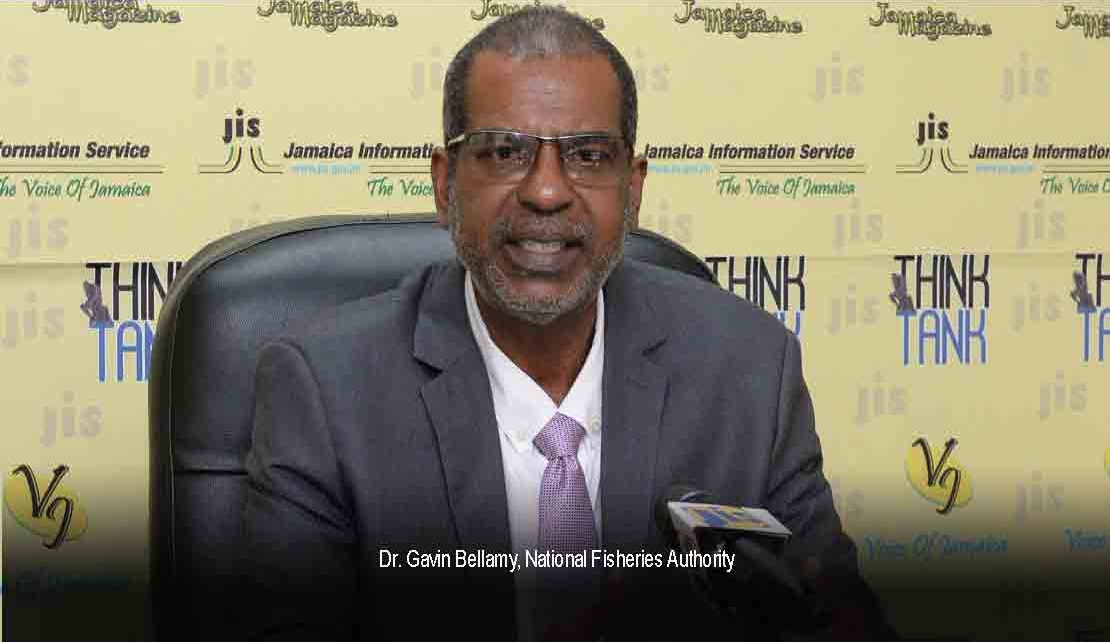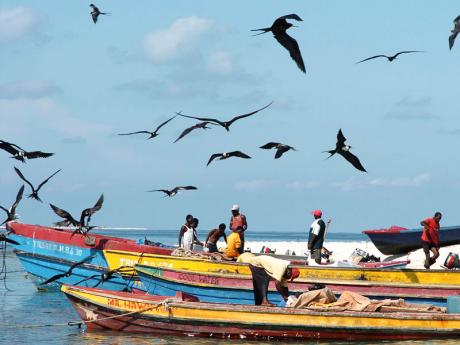JAMAICA | Gov't encourages Talapia Farming, deep-sea fishing

KINGSTON, Jamaica , JIS, March 12, 2022 - The government of Jamaica in encouraging greater take-up of tilapia farming as part of efforts to boost local fish production and to relieve the stress on reef fish which is hunted daily and being depleted by Jamaican fishermen islandwide.
Chief Executive Officer at the National Fisheries Authority (NFA), Dr. Gavin Bellamy, in making the call, said that improving tilapia production “will allow us to improve the blue protein, which is protein from fisheries stock.”
“Also, it will minimise and reduce the stress on our reef fish,” he said, while addressing a recent JIS Think Tank.
Tilapia is a popular fish for aquaculture as it is very versatile and is tolerant of a variety of aquaculture environments. It can be farmed in brackish or salt water and in pond or cage systems.
In Jamaica, tilapia is mainly raised in ponds with most of the production concentrated along the southern end of the island.
In addition to increased tilapia production, the NFA also has a project to train fisher folk to do pelagic or deep-sea fishing.
“There is Fish Aggregation Device (FAD) fishing where they (fishers) will go beyond reefs for fish, which can make it more economical. They will use a little more gas but will come back with a larger haul so it will be more profitable,” he pointed out.
FADs are floating objects that are designed and strategically placed to attract pelagic fish.
Many pelagic species associate with natural FADs in the open ocean such as logs, seaweed, and coconuts. There are also man-made FADs such as buoys or floats.
Meanwhile, the NFA CEO said that the Ministry of Agriculture and Fisheries, through the authority, is working to address some of the challenges being faced by fish farmers.
“[These include] the availability of high-quality fish feed, reasonably priced water and improving the brood stock. This is the seed stock that farmers will use to populate their farms,” he noted.
With the restructuring of the operations at the NFA, improvement in the management of the fisheries sector is anticipated.

Dr. Gavin Bellamy, pointed out that the entity was committed to safeguarding the sustainability of the fisheries industry to ensure that it continues to thrive and benefit future generations.
Sustainable fisheries focuses on production of fish and fish products that does not harm the marine environment or food chain, thereby safeguarding food security and livelihoods.
“We need to use precautionary measures to control and manage all our fisheries stock so that we don’t over exploit,” Dr. Bellamy said, while addressing a recent JIS Think Tank.
“Our national waters are 24 times larger than our land mass. We have a lot of potential, which we need proper management plans to maintain in a sustainable way. This involves monitoring, controlling, surveillance and collecting statistics and data,” he pointed out.
He indicated that the NFA’s Compliance, Licensing and Statistics Unit will be collecting data to guide the implementation of management plans for the industry.
Jamaica’s commitment to sustainable fisheries is in keeping with the Food and Agriculture Organization’s (FAO) focus on the sector for food security and nutrition.
-30-
